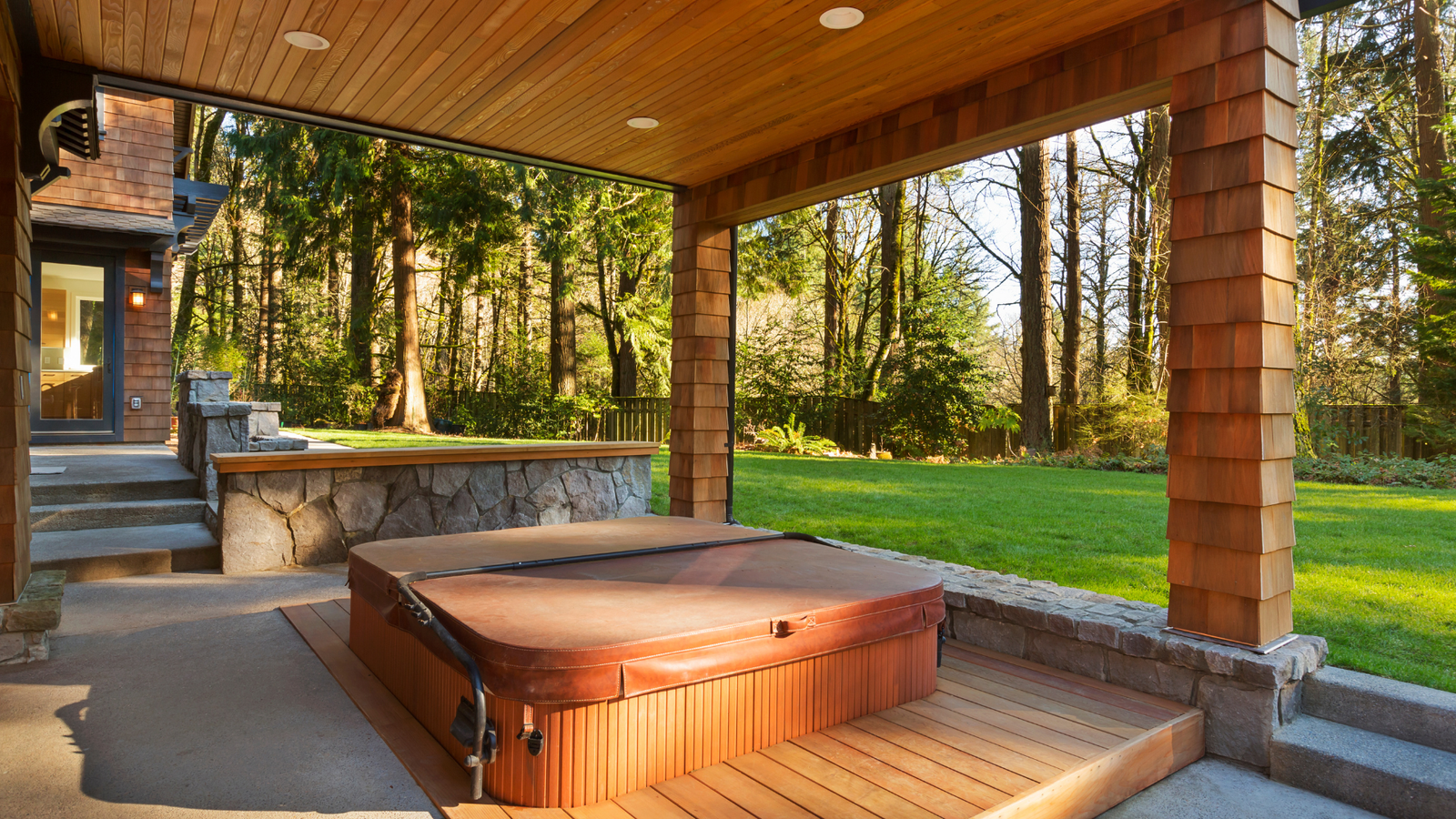
When the temperature rises, most of us are focused on staying cool—but your home might be under more stress than you realize. Extreme heat can quietly cause a range of issues, from structural damage to increased energy bills, all of which can impact your comfort, safety, and long-term home value. Whether you're planning to stay put or are preparing to sell, it’s important to know how heat affects your home—and what you can do to protect it.
What Heat Can Do to Your Home
Here are some of the most common ways extreme heat can impact your home:1. Foundation Cracks and Shifting
In hot, dry weather, the soil around your foundation can shrink and pull away from the structure. This can cause cracks in the foundation, misaligned doors or windows, and even settling issues. Over time, these structural concerns can become costly if left unaddressed.
2. Roof Damage
High temperatures, especially in direct sun, can cause shingles to crack, warp, or lose granules, reducing the roof’s ability to protect your home. Heat trapped in the attic can accelerate this deterioration, leading to leaks and water damage.
3. Warped Flooring and Damaged Drywall
Hardwood floors are especially sensitive to heat and humidity changes, often expanding and warping in extreme temperatures. Drywall may also expand, leading to cracks or buckling over time.
4. Strain on Electrical Systems
Your air conditioning and appliances work overtime during heatwaves, which can lead to power surges, tripped breakers, or even damaged wiring. This not only increases your energy bills but also poses potential safety risks.
5. Exterior Wear and Tear
Paint may start to bubble, chip, or peel under prolonged heat exposure. Caulking around windows and doors can dry out and crack, reducing your home’s energy efficiency. Wood siding can shrink and crack, while metal components may expand and contract, stressing joints and connections.
How to Protect Your Home from Heat Damage
The good news? There are several ways you can protect your home from heat-related issues:✅ Water Your Foundation
Keep the soil around your foundation consistently moist during dry periods. Use soaker hoses to avoid rapid evaporation and minimize soil shrinkage.
Keep the soil around your foundation consistently moist during dry periods. Use soaker hoses to avoid rapid evaporation and minimize soil shrinkage.
✅ Inspect and Ventilate Your Roof and Attic
Check for damaged shingles and ensure your attic is properly ventilated to prevent heat buildup. Installing a solar attic fan can help regulate temperature and extend the life of your roof.
✅ Maintain Your HVAC System
Have your A/C serviced annually to ensure it’s running efficiently. Replace filters regularly and consider installing a programmable thermostat to reduce strain on the system.
✅ Seal Windows and Doors
Inspect caulking and weather stripping and replace any that’s dried out or cracked. This helps keep cool air in and hot air out—reducing energy costs.
✅ Protect Floors and Interior Finishes
Use blinds or curtains to reduce direct sunlight on floors and walls. Maintain consistent indoor humidity with a humidifier or dehumidifier, depending on your local climate.
✅ Check Electrical Panels and Appliances
Have an electrician inspect your panel if you're experiencing frequent power surges or breaker trips. Avoid overloading outlets, especially during heatwaves.
604 760 7005